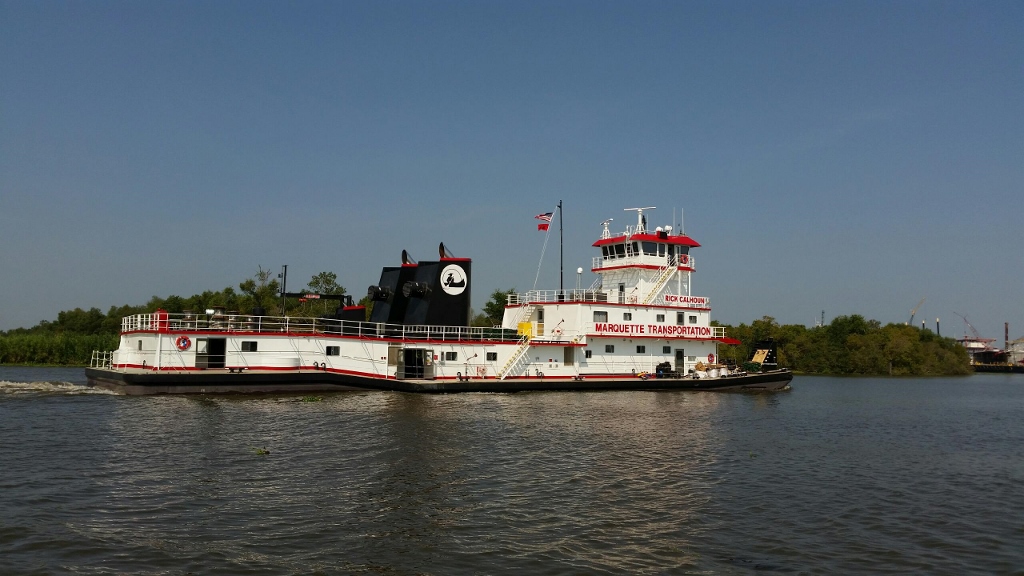This first week of Subchapter M towing regulations brought a flurry of online and in-person huddles among towing vessel operators, as they plowed through the final 800-page document and sought clarifications.
At the moment, two top concerns are how vessel engine repowerings will be interpreted under the new regulations, and what will be the qualification requirements for workers who handle fueling, officials with the industry group American Waterways Operators said in June 24 media conference call.
After meeting in person with 75 to 80 industry members this week and more than 400 others in a pair of online seminars, AWO vice president and chief operating officer Jennifer Carpenter said concern over the implications of repowering “was most strenuously felt over the last couple of days.”
With any regulatory package as massive as Subchapter M, “there will be issues, areas that have to be clarified,” said AWO president and CEO Tom Allegretti.
Foremost for members are “ensuring that routine engine replacements don’t trigger major conversion determinations,” Allegretti said. As AWO officials understand, “it is not the Coast Guard’s intention that engine replacements will trigger major conversion determinations.”
“That would be quite problematic for existing vessels that are doing nothing more than replacing engines to get better fuel efficiency, or to meet higher environmental standards,” Carpenter said. Major conversion findings on vessels modified after July 20, 2017, could subject them to the full package of modern newbuild requirements, she said.
But given the early Coast Guard response, “we feel like we’re moving in the right direction,” Allegretti said.
Another frequent question was how the rules will affect workers who oversee fueling transfers, and whether “they will need a tankerman’s endorsement or license,” Allegretti said. Coast Guard officers who attended the AWO events promised to get answers and will likely also post them as frequently asked questions on the Coast Guard National Towing Center of Expertise website, Carpenter said.
“Other questions will take a little longer but we will get some good answers out there,” she added.
Carpenter said there was not much worry expressed by operators over their ability to make changes so towing vessels can meet Subchapter M, despite some predictions that shipyards might back up with that work.
“I think there was a general sense there that the two-year period to come into compliance with the requirements of the rule, and then the additional period after that to get all vessels brought under a certification of inspection within a four-year period, is a reasonable and practical way to go,” she said. Much of that work can be done outside of shipyards during routine vessel servicing.




